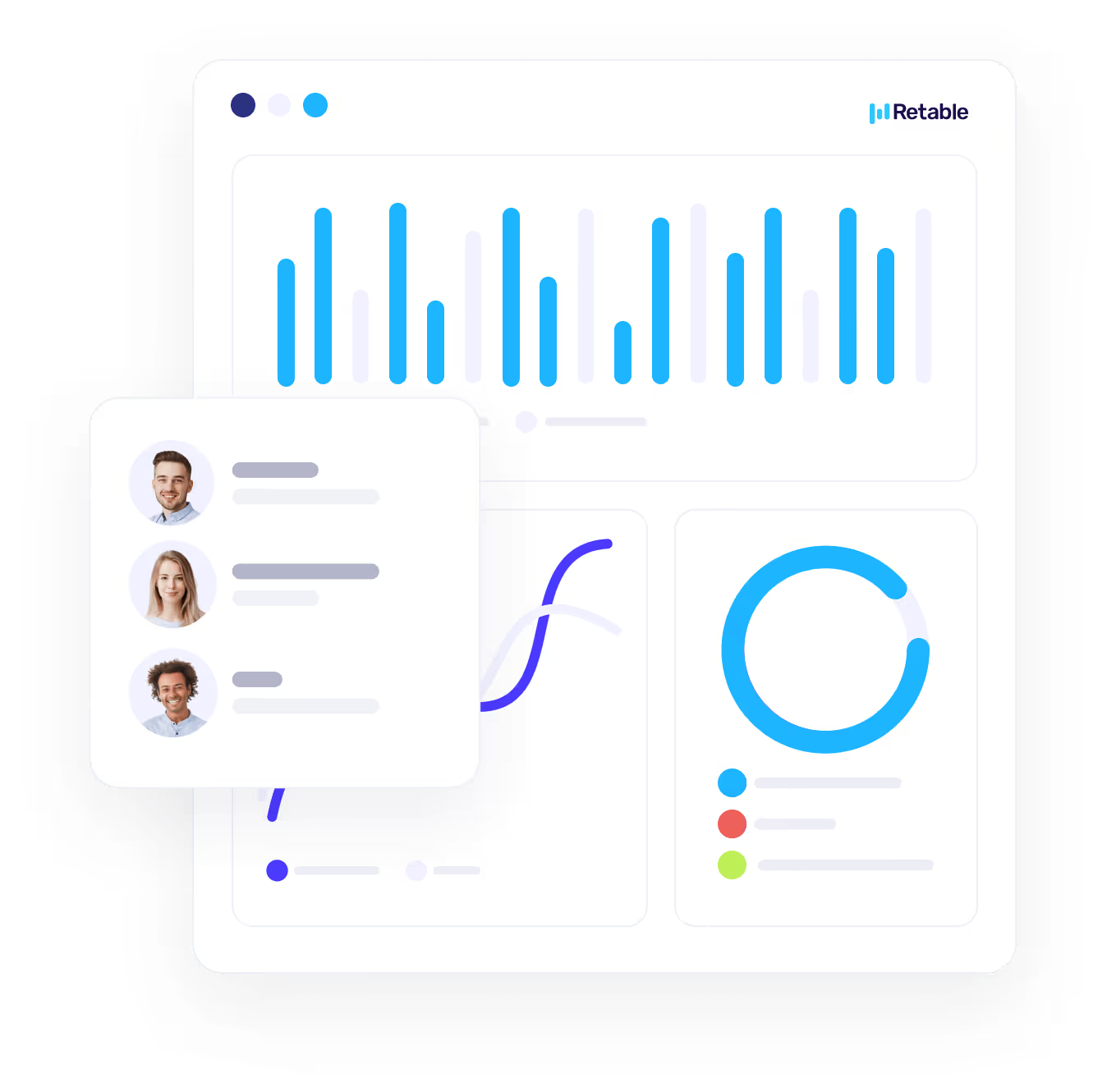Databases can be used for a wide range of critical business processes and profit-generating activities, as well as to keep track of key information for compliance and other business requirements. Traditional methods for managing databases include using Excel spreadsheets, which was a great solution to introduce years ago but there are now many more effective ways of managing data.
If you are thinking of building your own database, here are some tips on how to do it and what to be aware of :
The constraints of a spreadsheet
As we mentioned, a spreadsheet may once have been the ultimate way to manage data but spreadsheets have limitations. They are not as user friendly as many online tools and applications that are now available and they can be time-consuming to work with.
Spreadsheets are also challenging from a version control perspective, as team members can be working on different versions. Many activities such as project management can get a bit too complicated for spreadsheets, as collaboration is not easy and can hold up project delivery.
There are also certain types of data that cannot be stored in a spreadsheet and formatting can cause a lot of frustration if you need to do anything that Excel is not built for. You also have the inconvenience of spreadsheets slowing down as you add more data and the file size increases.
Relational databases
To work more efficiently with business information, you need a solution that allows you to easily work with different data types and easily create relations between different teams, groups, projects, tasks, etc. With relational databases, you can ensure that the correct type of data is entered, through a predefined format. For example, if the format is set to record product sales, numbers with two decimal places are the accepted entry.
Creating your own database
Creating a database does not have to be complicated and does not require you to understand how to apply code. You can choose an online tool such as Retable to set up your own database and open up much more opportunities for what you can do with your information.
To get started, you simply need to set up your account with Retable and you will be able to access your database from anywhere that you have an internet connection. Because the system is online, you can easily collaborate with other members of your team, or even clients and contractors. You can also integrate Retable with productivity and business apps such as project management software, to make even better use of your data.
One of the other great things about using Retable is that it has the same familiarity of using spreadsheets, but is much easier to use, with a huge list of benefits and features that will boost your business productivity.
You can quickly set up a new database by entering your data or you can import existing spreadsheets to set up your very own online database, with no technical knowledge or coding skills required.
more
Related Resources
Create your smart data management solution
Plan, track, and analyse with your ease. Transform your data with an all-in-one platform, collaborate with your teammates.
Try for free!
.avif)
.avif)
.avif)

